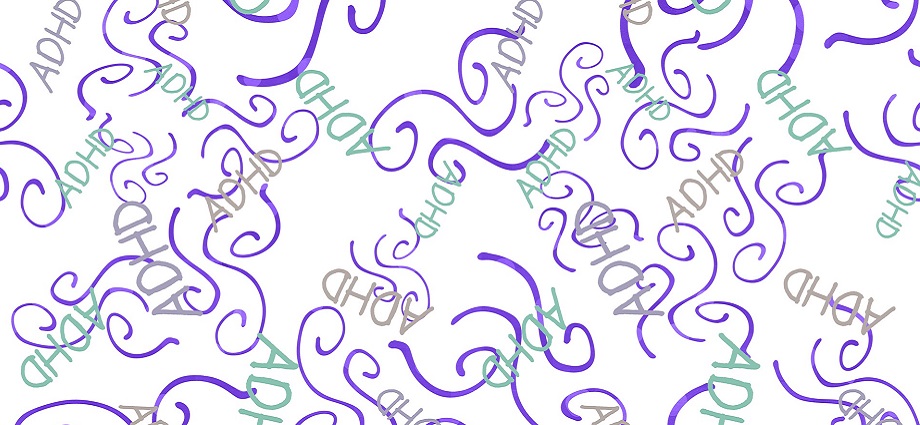If you think you or someone you know might have dyslexia, you’re not alone. Dyslexia affects millions of people worldwide and can make learning and talking harder. But with the right tests, dyslexia can be found and managed well. In this guide, we’ll go over the best ways for how to test for dyslexia, so you can get the help you need to succeed.
Understanding Dyslexia
Dyslexia is a condition that impacts an individual’s capacity to comprehend written language, write, and accurately spell words. It is not a sign of low intelligence or laziness, but rather a neurological difference that affects how the brain processes language. Dyslexia can manifest in a variety of ways, including difficulty with phonemic awareness, decoding, and comprehension. It can also affect a person’s ability to process and remember verbal instructions.
Why Testing for Dyslexia is Important
Testing for dyslexia is important for a few reasons. First, it helps people get the right support they need to do well in school and life. For example, students with dyslexia might get extra time on tests, audiobooks, and other helpful tools. Second, it helps people understand how they learn, which can boost their confidence and ability to ask for help. Lastly, testing can help people and their families find resources and support groups in their community.
Effective Testing Methods for Dyslexia
There are several effective testing methods for dyslexia, each of which has its own strengths and limitations. Below are some of the most frequently used evaluation techniques that we can examine.
Phonological Processing Tests
Phonological processing tests are designed to assess a person’s ability to process and manipulate sounds in spoken language. These tests typically involve tasks such as rhyming, segmenting, and blending sounds. Phonological processing tests can be useful in identifying dyslexia because individuals with dyslexia often struggle with phonemic awareness.
Decoding Tests
Decoding tests are designed to assess a person’s ability to sound out and decode unfamiliar words. These tests typically involve tasks such as reading nonsense words and real words out loud. Decoding tests can be useful in identifying dyslexia because individuals with dyslexia often struggle with decoding.
Reading Fluency Tests
Reading fluency tests are designed to assess a person’s ability to read accurately and quickly. These tests typically involve tasks such as reading a passage out loud and answering questions about the passage. Reading fluency tests can be useful in identifying dyslexia because individuals with dyslexia often struggle with reading fluency.
Comprehension Tests for Reading
Reading comprehension tests are designed to assess a person’s ability to understand and remember what they have read. These tests typically involve tasks such as answering questions about a passage or summarizing a passage in their own words. Reading comprehension tests can be useful in identifying dyslexia because individuals with dyslexia often struggle with reading comprehension.
Memory Tests
Memory tests are designed to assess a person’s ability to remember verbal information. These tests typically involve tasks such as repeating back a list of words or recalling a series of instructions. Memory tests can be useful in identifying dyslexia because individuals with dyslexia often struggle with working memory.
Visual Processing Tests
Visual processing tests are designed to assess a person’s ability to process visual information, such as letters and words. These tests typically involve tasks such as identifying letters and words that are presented in different fonts and sizes. Visual processing tests can be useful in identifying dyslexia because individuals with dyslexia may struggle with visual processing.
Writing Tests
Writing tests are designed to assess a person’s ability to express themselves in writing. These tests typically involve tasks such as writing a story or essay, spelling words correctly, and using proper grammar and punctuation. Writing tests can be useful in identifying dyslexia because individuals with dyslexia may struggle with written expression.
Executive Functioning Tests
Executive functioning tests are designed to assess a person’s ability to plan, organize, and manage tasks. These tests typically involve tasks such as sorting objects by color and shape, organizing a series of pictures, and following a set of instructions. Executive functioning tests can be useful in identifying dyslexia because individuals with dyslexia may struggle with executive functioning skills.
Neurological Testing
Neurological testing uses medical tools like an MRI to look at the brain’s structure and function. This helps doctors find any brain differences that could be causing dyslexia.
It’s important to have dyslexia testing done by a trained expert, like a neuropsychologist or educational psychologist. These professionals know how to give and understand the tests correctly.
In conclusion, there are many good tests to identify dyslexia. These tests can help people with dyslexia get the support they need to do well in school and life. If you think you or someone you know might have dyslexia, it’s a good idea to get tested and get support. With the right help, people with dyslexia can succeed and reach their full potential.

